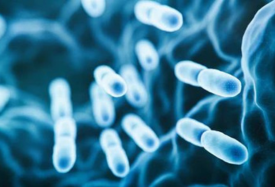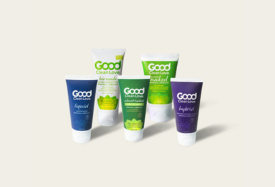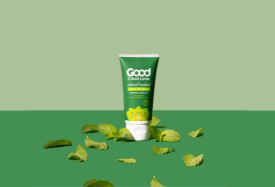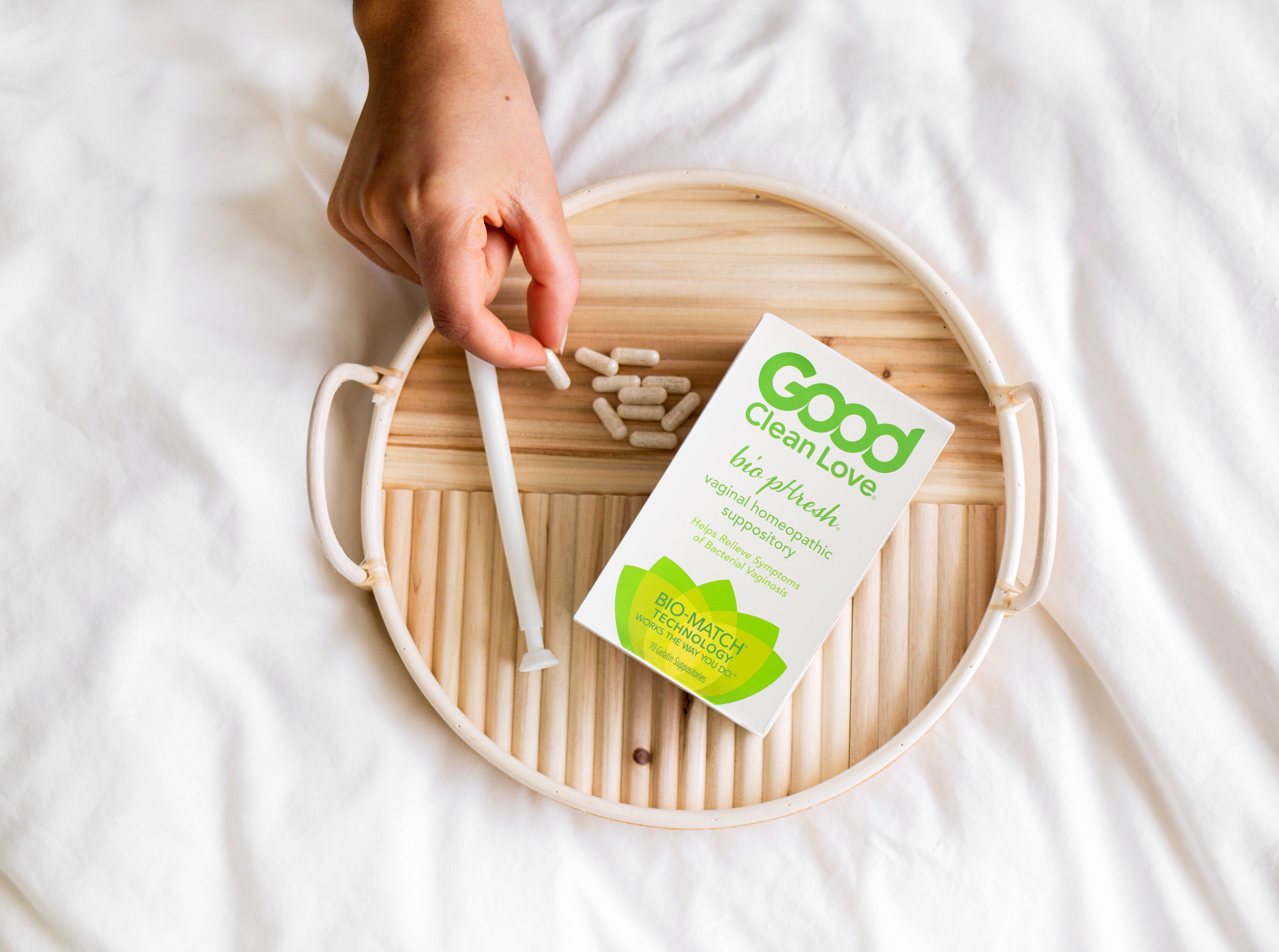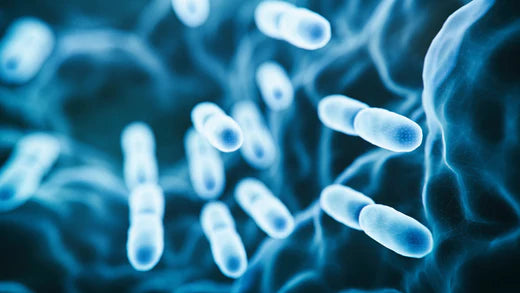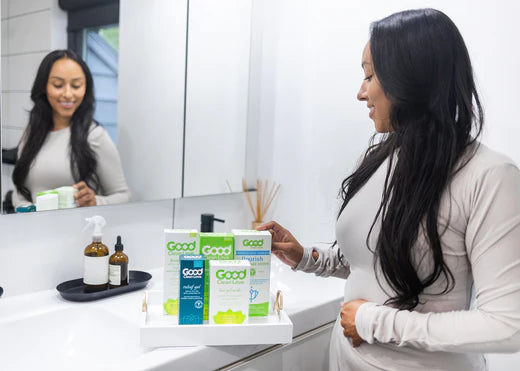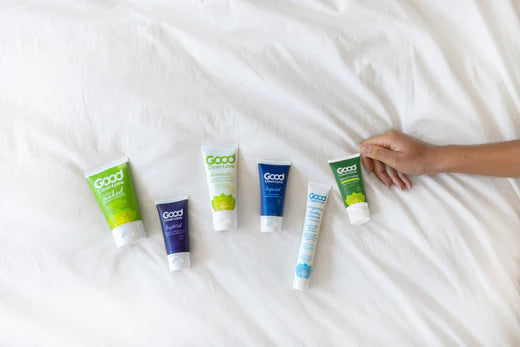This week marks the annual observation of Celebrate Bisexuality Day (also known as Bi Visibility Day) which was named at the first National Bisexual Conference in 1990. The original goal of the conference was as a response to the prejudice and marginalization of bisexual people that comes from both straight and greater LGBT+ communities.
While many LGBT+ identifying people have experienced discrimination, bisexual people often have to face the unique issue of having the validity of their sexual orientation question, a phenomena known as bi erasure.
Bisexuality is defined as the emotional, romantic, or sexual attraction to more than one sex, gender, or gender identity, though not necessarily simultaneously, in the same way or to the same degree. The isolation that many bisexual people feel often stems from the inability of others to understand the openness and fluidity of a sexual orientation that doesn't have to be either-or, along with difficulty understanding that rather than being only attracted to people of the same gender or of people of another singular gender, you could be attracted to more than one different type of person at the same time.
Common misperceptions about bisexual people proliferate- Like the idea that a bisexual person is secretly gay, just experimenting, or in a phase, or that one’s sexuality is always reflected by their current relationship or that all bisexual people have a hard time acting on their queer feelings. In truth, bisexuality lives on a spectrum and being bi doesn’t always mean being equally attracted to both genders all or even some of the time. This is why bisexual people may feel like they are often misrepresented by both straight and queer people.
Bisexuality is a valid sexual identity. According to a recent Gallup poll, 4% of US adults identify as bisexual. Younger adults are even more likely to identify this way, with 6% of millennials and 15% of Gen Z adults reporting that they are bisexual.
However, the experience of their sexuality not being accepted or believed by others leads many bisexual people to have higher rates of anxiety and depression– compared to straight, lesbian, or gay people.
Trusting in people’s experience of their bisexuality identity allows all of us to have more nuanced experience of our own sexuality and create more space about how we hold our sexual and romantic relationships.

